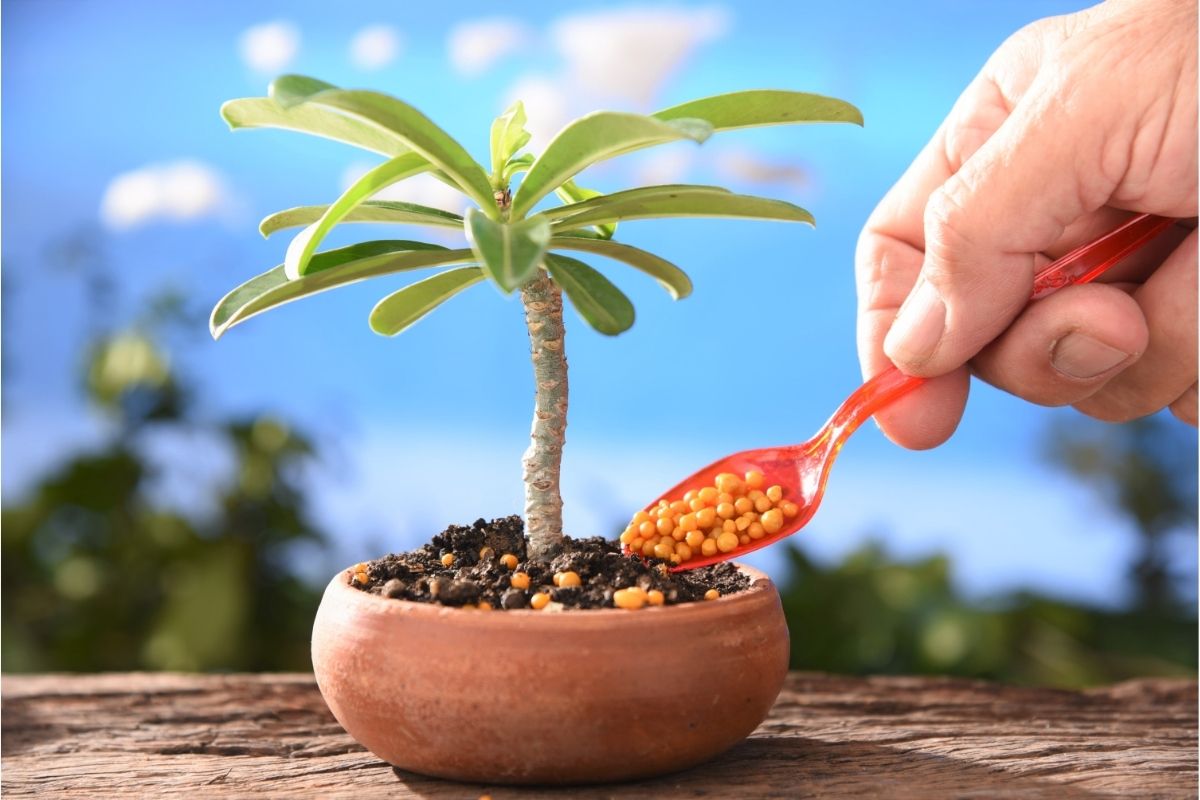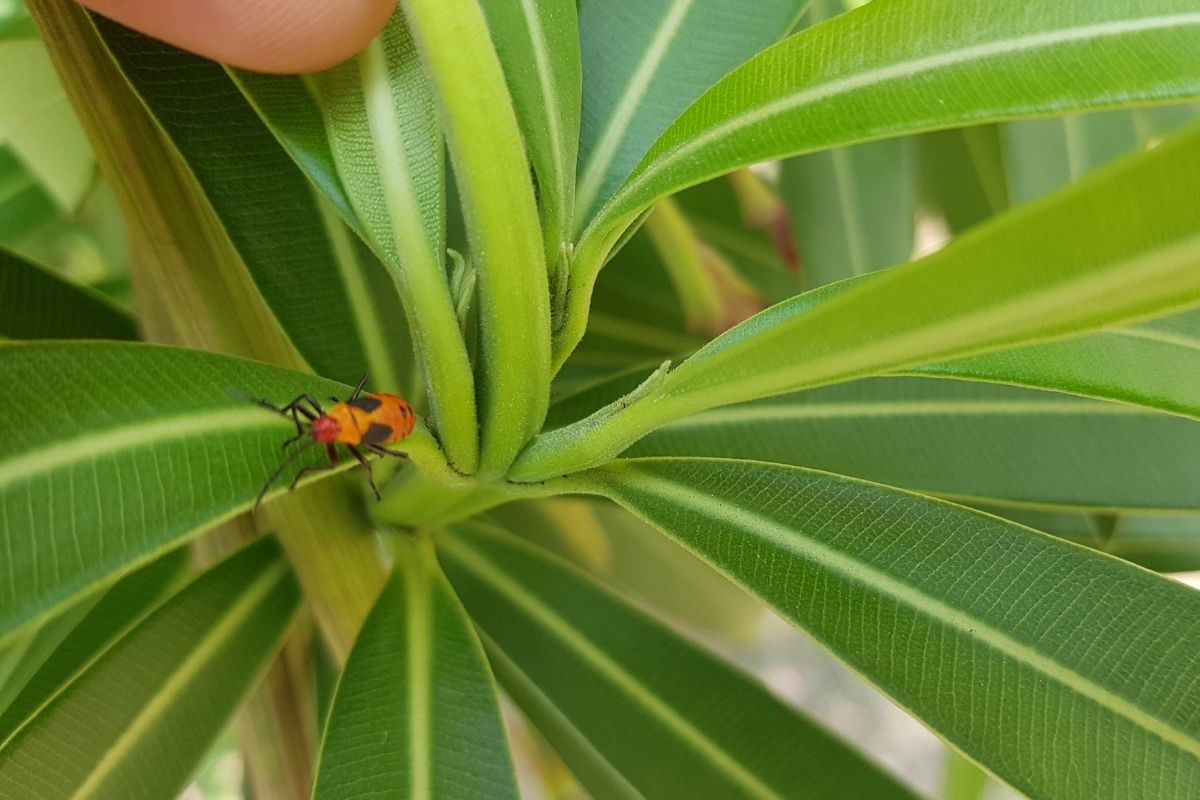Using natural resources in your gardening is a practice that just makes sense. Your plants love natural and organic things like compost and other natural fertilizers.

In comparison to using chemicals to achieve your goal, using natural products is fun, informative, and ultimately is a lot better for your plants and environment.
One natural resource available to us is charcoal and many stipulate what charcoal may be able to do for your plants growth.
In this guide we are going to explore charcoal, what it is, and how it can help your plants, as well as some other ideas of how to use natural products in your everyday gardening. Let’s explore together!
What Is Charcoal?
Charcoal is different to what we may know as actual coal, coal is a natural mineral produced by the earth over millions of years, while charcoal is a manufactured product often made from wood as well as other materials.
Charcoal is the carbon residue produced through burning wood and other animal or plant materials at high temperatures and removing all water as well as other volatile materials within the charcoal. This essentially turns wood into a more efficient fuel.
How Is Charcoal Used In Horticulture?
Horticulture is simply the practice of cultivating plants and crops, when we talk about ‘houseplants’ this is what we mean. House plants often refers to potted plants that can remain indoors, but what we are going to talk about can be applied widely across any outdoor or indoor gardening.
Charcoal is extremely carbon rich, the act of burning organic material and removing water and other elements means that you get more pure carbon.
Carbon is an essential element for soil to function and be hospitable for things to grow in; the carbon level of soil can dictate healthy soil conditions for things to grow.
Adding Charcoal to soil remains a historic practice even though it has only recently emerged in Western Horticulture. Evidence suggests pre-Columbian natives of Amazonia used charcoal in their soil in order to increase the productivity of the soil.
Will Charcoal Good For My Houseplants?
In theory, yes. Managing carbon levels in your soil is necessary to monitor how healthy and productive your soil is, not only will your soil be better for growing things in, but you will also be stabilising the global carbon cycle.
However, you have to use the ‘correct’ type of charcoal to actually do this without harming your soil. Without the correct information, you may be putting petroleum soaked charcoal amde from deforested materials into your soil which will damage your soil as well as the environment.
How To Use Charcoal Correctly
While Charcoal can theoretically improve your soil quality, it’s important not to jump the gun and to think about where the charcoal comes from.
Charcoal is the material left behind by burning plant or animal material. In reality, most charcoal that you would commonly use in your barbeque or to light a fire in the winter is actually deforested wood.
Much of the deforestation of the world is for the sake of charcoal, as well as other things. Charcoal is most commonly made by people cutting down trees and lighting them on fire in a big pile until charcoal is produced.
It’s likely they soak the wood in some form of flammable liquid such as petroleum or something else and then light it on fire. Obviously, the petroleum in the charcoal is not going to be good for your soil,
Moreover, the smoke that comes from burning so much wood at certain temperatures means that the smoke emitted from the burning pile will almost certainly be methane heavy. Methane is one of the worst greenhouse gases.
So, buying the wrong charcoal will be bad for your soil and increase global warming which is a step in the wrong direction. Theoretically, charcoal is fine, but in practice much of the charcoal available is not sustainable nor effective for horticultural use.
Biochar As An Alternative
Instead of charcoal, one material that is available is known as biochar. Let’s explore why biochar is a higher quality material and much more sustainable than its counterpart, charcoal.
Firstly, biochar is made at a much higher temperature than charcoal. A higher temperature means that biochar has much less volatiles (water, etc) in the actual material making it more efficient for increasing soil quality.
Higher temperatures also increase the stability of biochar meaning it can last in your soil for thousands of years.
Perhaps most importantly, biochar is made from sustainably sourced wood. Many biochar makers are in contact with woodland management who can offer spare wood to use rather than deforesting purely for charcoal.
Wood that goes to landfills will rot and end up producing methane and other greenhouse gases. If that wood is used to create biochar a lot of potentially dangerous greenhouse gas is not entering the atmosphere.
Biochar producers also use pyrolysis kilns which use energy efficiently, carbon neutral heat is used to cook the wood material and the smoke created helps power the whole process meaning no energy is wasted and nothing pollutes the air.
Final Thoughts
So there you go. Charcoal in theory can be good for your plants as it can increase the productivity and the quality of your soil, making it a more hospitable environment in which things will grow.
While it has only emerged in modern horticulture recently, it has been used historically across the globe for a long time.
However, in practice, much of the charcoal sold these days is actually really bad for the environment as can be even worse for your plants due to the production and sourcing of the materials used to make the charcoal
As a result, biochar is actually a much better source of carbon. Biochar lasts way longer than charcoal in soil, is sourced sustainably, and reduces the amount of greenhouse gases in the air. Moreover, biochar is much more effective at increasing the quality of your soil.
- Best Hanging Plant For Low Light - September 4, 2023
- Best Indoor Plants Florida - August 28, 2023
- Best Plants For Bathroom Smells - August 21, 2023








